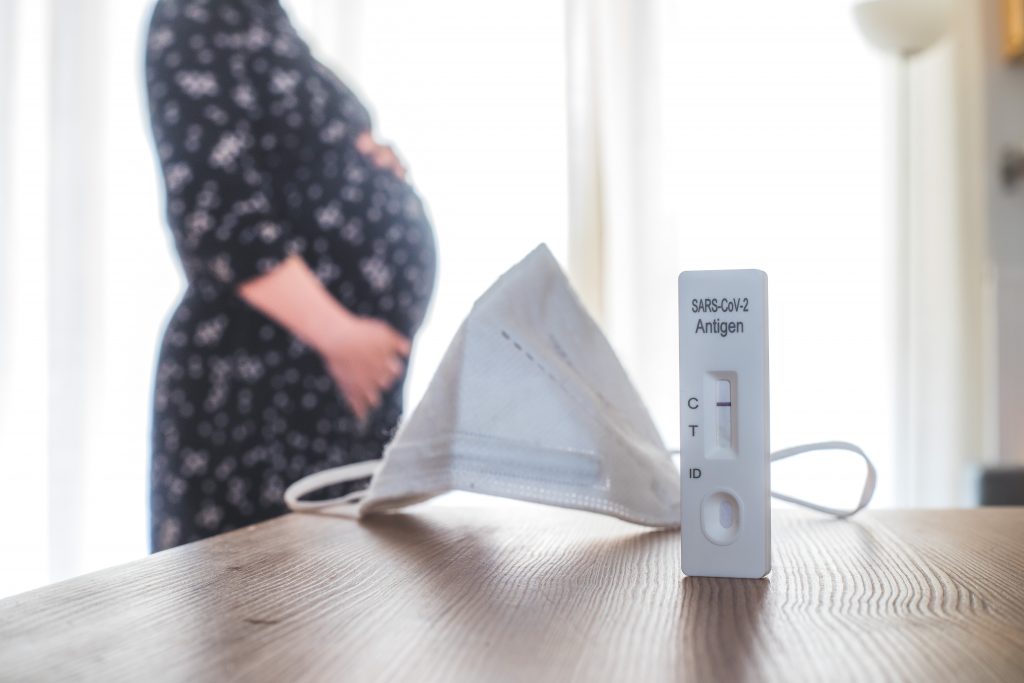COVID-19 vaccination experiences in women of reproductive age
COVID-19 vaccination rates have been lower in women of reproductive age, especially those who are pregnant or recently had a baby, even though they are more at risk of serious illness from the virus. This study, led by Professor Laura Magee (Professor of Women’s Health), Professor Emma Duncan (Professor of Clinical Endocrinology) and their teams at King’s College London, looked at the vaccination experiences of 3,568 women in the UK, including 1,983 who were pregnant during the pandemic, using data from the CSS Biobank and and ZOE COVID Symptom Study app. Two surveys (in late 2021 and mid-2022) asked about vaccination status, timing, and attitudes toward the vaccine.
By December 2021, almost all women (98%) had been vaccinated. Most said they got vaccinated to help protect others, because they generally supported vaccines, felt low personal risk, or were worried about COVID-19. Only 1% had not been vaccinated by mid-2022, often due to concerns about pregnancy-related risks, long-term effects, or personal beliefs.
Although most women were vaccinated quickly, pregnant or postpartum women tended to delay slightly more than others. Many also reported feeling anxious, confused by changing government advice, and said they received mixed messages or misinformation—including from healthcare providers. Despite strong overall vaccine uptake, these insights can help improve future vaccination efforts for women of reproductive age.
Our work continues as we analyse data on the pregancy and birth experiencesof womwn during the pandemic.

Magee, L. A., Brown, J. R., Bowyer, V., Horgan, G., Boulding, H., Khalil, A., Cheetham, N. J., Harvey, N. R., Consortium, C. S. S. B., Group, R. S., Mistry, H. D., Sudre, C., Silverio, S. A., von Dadelszen, P., & Duncan, E. L. (2024). Courage in Decision Making: A Mixed-Methods Study of COVID-19 Vaccine Uptake in Women of Reproductive Age in the U.K. Vaccines, 12(4).
Links to publications
